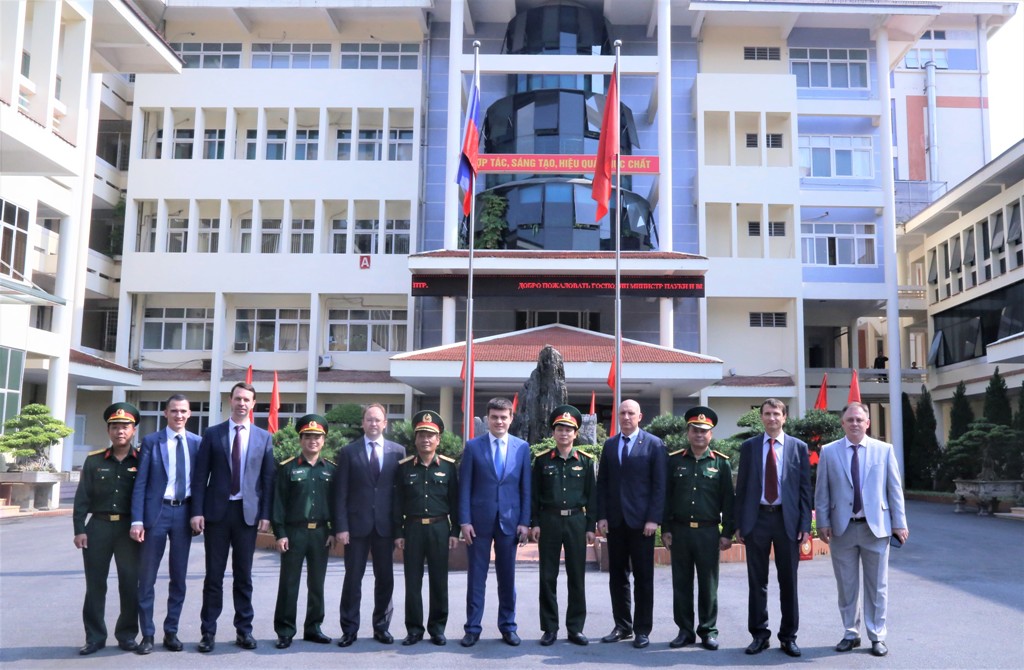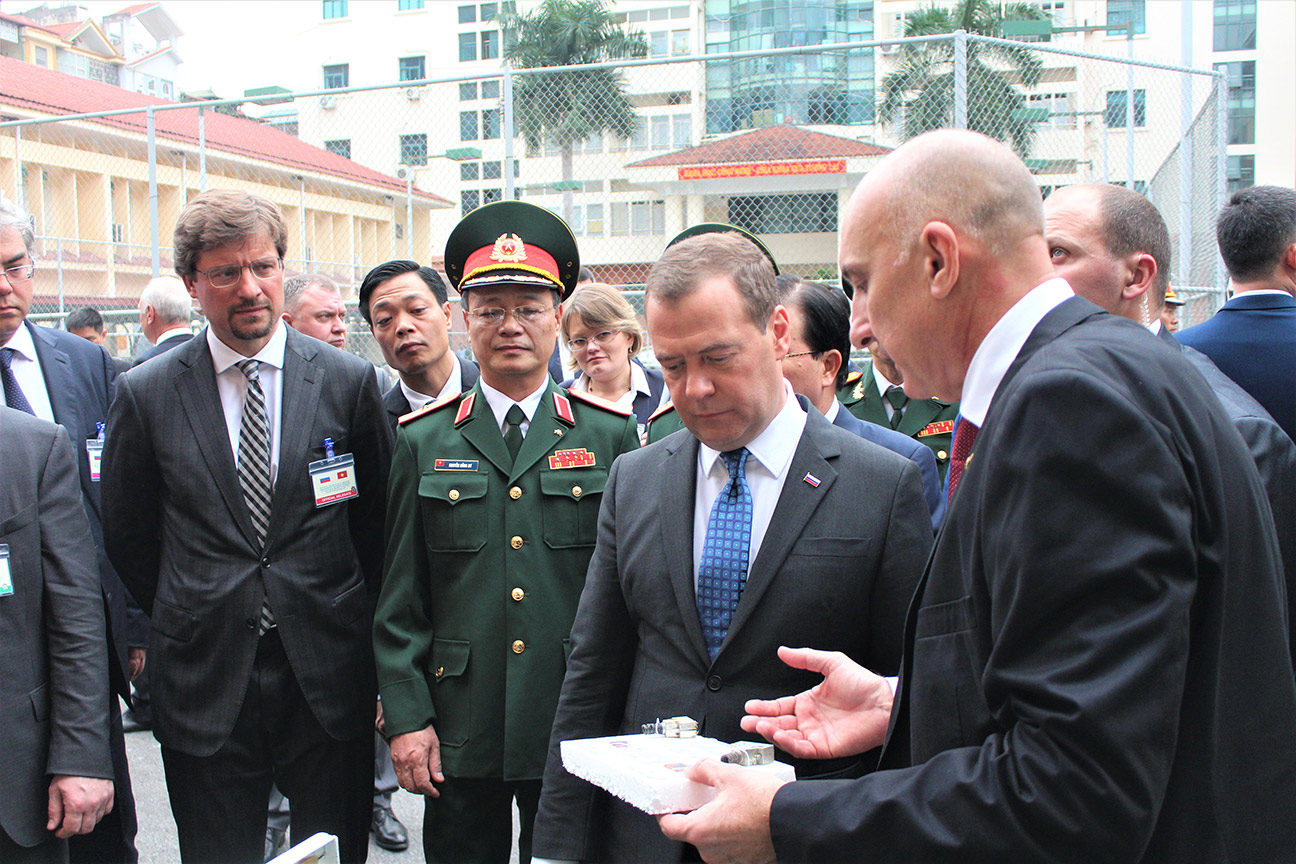Laboratory of Aquatic Ecology
Head of Laboratory: Dr. Tran Quoc Hoan
The Laboratory of Aquatic Ecology was established in 2002, under the Sub-Institute of Tropical Ecology, then the Institute of Tropical Ecology (since 2009). Initially, the Laboratory only had 02 officers and employees, up to now, after 19 years of construction and growth, the Laboratory has had 09 officers and employees, including 3 Drs, 2 MScs, 4 bachelors. The Laboratory has chaired and participated in many projects at higher levels towards aquatic ecology with good results, published in prestigious national and international journals.
MAIN RESEARCH DIRECTIONS
- Researching on biodiversity, structure and function organization of aquatic ecosystems; Preparing reports on the status of biodiversity.
- Researching on morphological, biological, ecological-evolutionary characteristics of aquatic species (fish, molluscs, crustaceans, protozoa…).
- Assessing the influence of natural and anthropogenic factors on aquatic organisms at different levels (individuals, populations, communities, ecosystems).
- Assessing the current ecological status of freshwater water bodies, coastal and remote island marine ecosystems. Researching on using aquatic organisms as an indicator of water quality.

Researcher of the Laboratory of Aquatic Ecology during a survey in the Spratly Islands
FACILITIES AND EQUIPMENT
- Laboratory system of biology, molecular biology and environmental chemistry with modern and synchronous equipment:
+ Analytical equipment in the laboratory: Agilent 5977B GC/MS chromatographic mass spectrometry system, Agilent 1260 Infinity II LC HPLC high-performance liquid chromatography system, CHNS/O Thermo Scientific 11206125 elemental analyzer, meter UV-VIS spectrophotometer, Olympus BX53 fluorescence microscope, Olympus SZ61 stereo microscope, molecular biology equipment system (PCR machine, centrifuge, gel electrophoresis and microscope, refrigerators and deep cabinet to store samples…).
+ Equipment for field analysis and sample collection: RB-300 deep-diving robot, Hanna HI 9829 multi-parameter water quality meter, HM 1000 heavy metal rapid meter, deep sediment mud sampling bucket Wildco 1775-A10, cascade water sampling equipment, plankton racquets, fish detectors and fish sampling nets, SCUBA diving equipment...

Biodiversity research and coral restoration in Truong Sa archipelago
RESULTS
- Survey and assess biodiversity, ecological characteristics of marine organisms (coral, reef fish, molluscs, benthic animals, symbionts, etc.) in the marine area of Truong Sa archipelago;
- Surveyed and built a model of environmental and biodiversity management in the Military area (at units of Military Region I and Military Region III);
- Assessed the current status and proposed solutions to manage and protect the environment and ecosystem at units of Military Region IV and Military Region V;
- Surveying biodiversity and environmental status in the marine area of Phu Yen province and proposing solutions for rational exploitation and use of marine biological resources;
- Assessing the influence of the environment on the diversity of species composition and richness of molluscs in coastal waters of some central provinces (Ha Tinh and Ninh Thuan);
- Diversity of species composition and distribution of population structure of reef fishes and fish species of economic value in the sea areas of Cat Ba and Tho Chu;
- Evaluation of morphological characteristics of blood cells and hematological parameters of common fish species in the central sea area (Ha Tinh) at risk of pollution due to discharge;
- Determining the composition of poisonous snail species in some sea and island areas of Vietnam;
- Species diversity, distribution and biological and ecological characteristics of testate amoebae in water bodies in the northern provinces of Vietnam.
- Annually publish 4-6 international articles in ISI/Scopus journals, 2-3 domestic articles.
FORM OF COOPERATION
- Research cooperation in the field of biodiversity and tropical ecology; preparation of reports on the status of biodiversity of aquatic ecosystems.
- Investigation, assessment and inventory of biodiversity. Consulting solutions for rational use of aquatic resources, solutions and technologies to control, monitor and evaluate aquatic quality, restore polluted and degraded aquatic ecosystems.
- Analysis and identification of aquatic species by morphological methods and molecular biology techniques.









